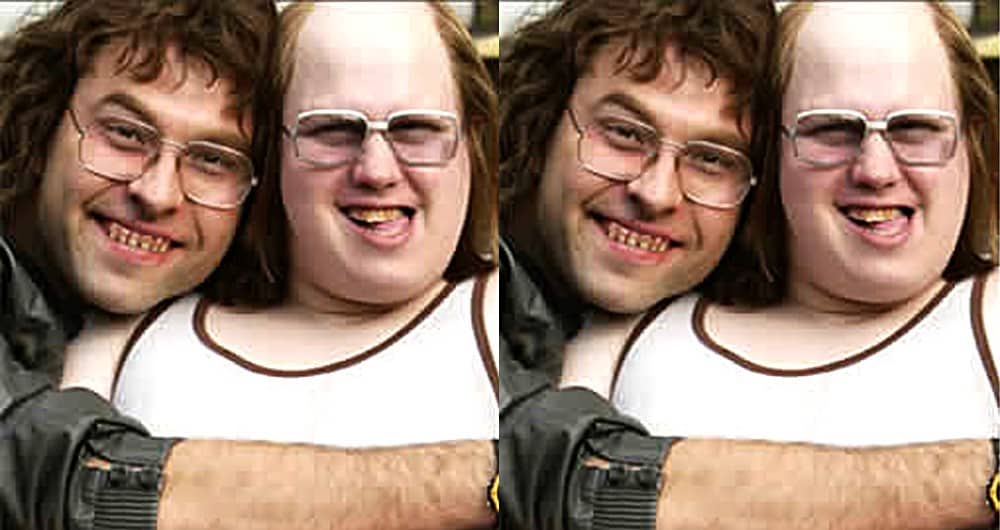Fair Dinkum Aussie Mateship Cetrificate Test
A new Mateship test will ensure Australia strikes the right balance between the British and the rest, says Minister for Aussie Mateship, Smeagol K. Dic.
The Ministry today released a draft guide detailing what it regards as the essential Australian values every aspirationally nationalistic citizen must embrace.
In order to become a citizen, New Australians will need to correctly answer at least 75 out of 100 questions, such as “what were the Statute of Westminster and the Australia Act”.
“One of the great achievements of Australia has been to balance two things: Firstly the diversity of people that have come from more than 200 countries around the world and secondly, the opportunity to pit them against each other in the run-up to an election,” Mr Dic told reporters in Kogarah.
“This is part of the government’s desire to balance their pathetic gratitude for being allowed to stay here for a time, and the fear of terrorism which we may whip up from time to time – both of which will help to ensure our re-election.”
“Multiculturalism has been doing so well all on its own without very much government intervention at all”, said Dic, “that we thought we ought to put our oar in and fix it. If we manage not to stuff it up, we can take credit for it. If we screw it up we can claim it doesn’t work and we can go back to just importing Brits, the way we used to.”
Migrants would also need to demonstrate an adequate level of understanding of the Liberal/National policy platform if they were to realise their aspirational nationalism and if they wanted to stay here for that little bit longer before being shipped back to their hell-hole countries full of gibberish-speaking foreigners, Dic said.
“The rich tapestry of Australia today, a reflection of our diversity, has always been a problem for the Liberals and especially the National Party, and we have done all we can to put a stop to it” he said. “We tried Pauline Hanson and her policies but that only worked for one election. We had the Mayor of Tamworth try to spike it by branding desperate Sudanese refugees from Dafur as leprous, TB and AIDS-carrying, thieving, car-crashing childmolesters. But the town took the side of the refos and rolled our man. We’ve stood by as some of the diversity drowned trying to get here, and if they got here, we sent them to South Pacific paradises or to exclusive desert resorts for special education programs in the Australian government’s policy positions. But still they keep coming. So if they have to come, they have to learn to be just like us,” said Dic.
Asked why the “values” document, to be given to aspirational New Australians, lacked any meaningful reference to Aboriginal history, culture or values, with only four sentences to cover perhaps 60,000 years, Mr Dic said, “I think in a booklet like this you have to get your priotities right. I mean, who cares, right? Do they vote for us? No.”
Among the values laid out in the document are tolerance and compassion, freedom of speech and a respect for Australia’s British heritage.
Examples of the government’s tolerance and compassion can be found in reports of the death count in the Iraq war.
Australian’s respect for Britain can be seen in the attitude of most Australians to the English cricket team.
The Australian government’s tolerance and its attitude to free speech are demonstrated by its recent amendments to Wikipedia, and its action to kindly inform Values Australia in March that if it didn’t pull the site down it would send it to gaol on the basis of a variety of laws. This was in addition to its actually closing down a parody site of the Prime Minister. Aspirational immigrants need to understand that by “free speech” the government means you can say anything you like, anything at all, that agrees with the government and does not hurt its feelings.
TAKE THE VALUES AUSTRALIA MATESHIP TEST
Values Australia has prepared a special alternative Mateship Test which we defy any Australian politician or fat-arsed bureaucrat to take and pass, particularly the Minister for Dic and his silly pen-pushers.
Take it yourself. Use it for trivia nights. Many of the answers are on the Values Australia website.
PASS MARK: 75%
TIME ALLOWED: 2 HOURS
1. Who was the Father of Federation?
2. What were the real reasons the Australian colonies decided to become a federation?
a. What was New Zealand’s status before Australian federation?
3. List all the Prime Ministers of Australia in order, with their years in office.
4. What does Australia Day celebrate?
a. When was the first Australia Day?
b. What happened on the first Australia Day?
5. Who was Chips Rafferty?
a. Was he really gay?
6. Which was the only Australian State not to receive convicts?
7. Name the complete Australian Ashes Test squad from the 1948 England tour.
a. What was the team’s nickname?
8. How far is it from Sydney to Melbourne (to the nearest 10km)
9. What was the basis for the Crown to assume ownership of Australia?
a. What did it mean?
b. Was it correct?
10. Why can the Australian Prime Minister or Parliament not apologise to its indigenous peoples?
11. Were there ever any massacres (or mass killings) of indigenous people in Australia?
12. Did anyone ever take unwilling Aboriginal children from their families?
a. If they had, what would the institutions have been called which carried out these operations (if any)?
b. Did they live up to their name?
13. What has always been the general legal presumption in the Australian justice system if someone is accused of or charged with a crime?
14. According to recently proclaimed Australian laws, what is the basis upon which suspected terrorists are held?
a. What does this mean for justice in Australia and for ordinary, law-abiding Australian citizens?
15. What does the Government presume, and say, about David Hicks?
16. Habeas corpus is a fundamental of the Australian legal system. What does it mean?
17. When is Federation Day?
a. What year was the first Federation Day?
18. What is the correct spelling? “Color”, or “Colour”?
19. Two famous Australians travelled on the 1908-9 Shackleton expedition to which continent?
a. Who were they?
b. Together, they were the first to achieve which two feats?
c. Which of them is/was on the $100 note?
d. The other had an avenue named after him in Sydney. What is its name and in which suburb is it?
20. After whom is the mineral davidite named?
21. Who was the skipper of the first Australian yacht to win the America’s Cup?
a. Who was the designer?
b. What was the name of the boat?
c. In what year did it win?
d. What did the Prime Minister of the day famously say when the boat won?
e. What was the Prime Minister’s name?
22. Have there ever been Jewish Governors General of Australia?
a. If your answer is yes, what was their name(s) and in what years did he/she/they “govern”?
23. Has there ever been a female Governor General?
a. If your answer is yes, what was their name(s) and in what years did she/they “govern”?
24. Has Australia ever had a homosexual Prime Minister or state Premier?
a. If your answer is yes, what was/were their name(s)?
b. Of which State(s) etc.?
25. After what or whom is Bennelong Point named?
a. Where is Bennelong Point?
b. What is at Bennelong Point now?
26. Who was Pemulwuy?
a. What happened to him?
27. Who cut the ribbon when the Sydney Harbour Bridge was opened?
a. Why?
28. What disaster happened to Melbourne’s West Gate Bridge?
29. In what month and year did a ship collapse the Tasman Bridge?
a. What was the name of the ship?
b. Where was the bridge?
30. What does DLP stand for?
31. Who was the most famous member of the DLP for most of its history?
32. What was Australia’ greatest constitutional crisis?
a. In what year did it occur?
b. Who was Prime Minister?
c. Who was the Governor General?
d. Who became the next Prime Minister?
e. Which national media icon was on the steps of Parliament House at the culmination of the crisis?
f. What was Joh Bjelke Petersen’s role in the crisis?
g. What convention did he break?
h. What was the name of the Senator whose offer of a diplomatic posting precipitated the crisis?
i. From which party did he come?
j. Where was he posted?
33. What sort of creatures populate the island off Perth, WA?
a. What is the name of the island?
34. What is the constitutional status of the Northern Territory?
35. Who was the first female Justice of the High Court Australia?
36. When did Papua New Guinea become independent?
a. Who was its first Prime Minister?
37. Who called Australia “The Lucky Country”?
a. What did he mean? (No, what did he really mean?)
38. In what year did Australia first host the Olympic Games?
a. In what city?
39. In which year and in what city did the world welcome “Matilda” as the mascot for the Commonwealth Games?
a. What was she?
b. How big was she?
c. What did she famously do?
d. Where is she now?
40. For how many years was Robert Menzies Prime Minister?
a. From when to when?
41. Where was the Eureka Stockade?
a. What was it about?
b. When did it happen?
42. When did Aboriginal people gain the right to vote?
43. When was the legislation passed to include Aboriginal people on the Census?
44. Australian indigenous dot painting is world famous. Where did the movement begin?
a. When?
b. Name the person who initiated the movement as a community and economic enterprise.
45. Who was Australia’s most famous Aboriginal Artist before this?
a. Where did he come from?
b. What language is spoken in that country?
46. Who went to prison for planting a bomb in a rubbish bin outside the Hilton Hotel in Sydney but subsequently had his conviction quashed?
a. What year?
b. What was happening at the Hilton Hotel, Sydney, at the time?
c. Of what religious sect was he a member?
d. On whose evidence was he convicted in the first place?
47. What were Ned Kelly’s famous last words?
48. Who wrote a book with those words as its title?
a. What was his real name?
49. Who was Xavier Herbert?
50. What, and in what year, was the Petrov Affair?
51. In which year did Australia first fight a war as a nation?
a. Against whom?
52. In Australia’s early years, what was the main form of personal transport?
a. What was the main form of bulk transport?
53. What is the Australian standard gauge for railways?
a. How many different gauges were there before standardisation?
b. What were they?
c. In what year did the first service operate from Sydney to Melbourne without changing gauges?
d. What was the name of the service?
54. Where was the origin of the most important breed of sheep in Australia?
a. Who imported them?
b. Where can the descendants of the first flock be found?
55. What did Paul Hogan do before he became a movie star?
a. What brand of cigarettes did he advertise?
b. To what tune?
c. What was the slogan?
56. Who was the whistler in the advertising campaign for Cambridge cigarettes?
57. Before cigarette advertising was banned on Australian television, an announcement was made at the conclusion of each advertisement. What was it?
a. Who spoke it?
b. In what popular TV serial did he appear?
c. On which network?
d. What character did he play?
e. How did the character infamously die?
58. When was cigarette advertising banned on television?
59. Who wrote the advertising campaign whose catch phrase was “Where do you get it?”
a. Which radio stations does he now own?
b. Who is his most famous employee?
c. What is the name of the book which explores this employee’s homosexuality?
60. What is the name of the most famous Australian movie about transvestites?
a. Who is Australia’s most famous operatic soprano?
b. Who is the second most famous?
c. What dish was named after her?
61. Which two nations claim to have invented the pavlova?
a. In honour of whom was it invented?
b. On what occasion?
62. What disease was the first attempt to eradicate the rabbit in Australia?
a. What was the second?
b. Where was it first released?
c. Why?
63. Which organisation released sparrows and starlings into Australia?
a. Why?
64. Why was the cane toad introduced into Australia?
65. What is the World Heritage Properties Conservation Act??
a. When was it promulgated?
b. By whom [Prime Minister]?
66. What is the constitutional principle on which the Federal Government halted the proposed damming of the Gordon below Franklin Rivers in Tasmania?
a. When was the proposed damming stopped?
b. Which famous international TV naturalist joined the protest against the dam?
67. Where is the Ord River?
a. What was the Ord River Scheme?
68. What does QANTAS stand for?
a. Who founded QANTAS?
b. From where to where was the first commercial QANTAS service?
69. What is the full name of Sydney Airport?
a. After whom was it named?
b. For what was he/ she famous?
70. What does WACA stand for?
a. What does ‘The Gabba’ stand for?
71. What does FNQ stand for?
72. What do the following have in common? Cambridge, Archerfield, Jandakot, Parafield?
73. What percentage of Australians are indigenous?
74. What was the White Australia Policy?
a. When did it end?
75. Who was Arthur Calwell?
a. Who shot him?
b. Where?
c. Why?
d. What were Calwell’s injuries?
76. When was the first modern terrorist bombing in Australia?
a. By whom was it carried out?
b. Against whom?
c. Where?
77. People from how many countries have made their homes Australia?
78. Have atomic or nuclear weapons ever been detonated in Australia?
a. If so, by whom?
b. How many?
c. What were the long-term consequences?
79. What was the name of the control centre for post WWII rocket testing on behalf of the British Government?
a. What people lived in the area?
b. What happened to them?
80. What happened at Maralinga?
81. Where is Pine Gap?
a. To what extent is Pine Gap an example of Australia/US cooperation?
b. What do they do there?
c. Why not?
d. What access does Australia have to the results?
e. Why not?
82. Who first climbed and named Mount Kosciuszko?
a. When?
b. What range is named after him?
c. Where is it?
d. What nationality was he?
e. Why did he leave that country?
f. Who was Kosciuszko?
g. What was his full name?
h. What is the correct pronunciation of his surname?
83. What was the Cowra Uprising?
84. What did Bec do before she married Lleyton?
85. What was Kylie’s first movie role?
a. What was the film’s title?
b. What was her name in Neighbours?
c. List all her boyfriends from Jason to Olivier.
86. What is Molly’s passion?
a. What is going on under his hat?
87. Whom did Elton John marry in Australia?
a. On what date?
b. What was she doing in Australia?
c. Which Australian singer was present at the wedding?
88. Whom did Graham Kennedy marry in Australia?
a. What American TV comedy show did she star in?
89. How many Twelve Apostles are there?
90. In which month are the Birdsville Races held?
91. How many members sit in the House of Representatives?
92. How many members sit in the Senate?
93. Which Australian parliament does not have an upper house?
94. Which place has the lowest elevation in Australia?
95. Where are the oldest rocks in the world?
a. How old are they?
96. Where was the birthplace of the Australian Labor Party?
a. What happened to it?
97. Who formed the Liberal Party of Australia?
98. What were the first Australian political parties?
99. Who was the shortest-serving Australian Prime Minister?
a. Who was the longest?
100. What were:
a. The Statute of Westminster?
i. When was it enacted?
ii. When was it adopted?
iii. What did it do?
b. The Australia Act?
i. When was it enacted?
ii. What did it do?
Good luck!
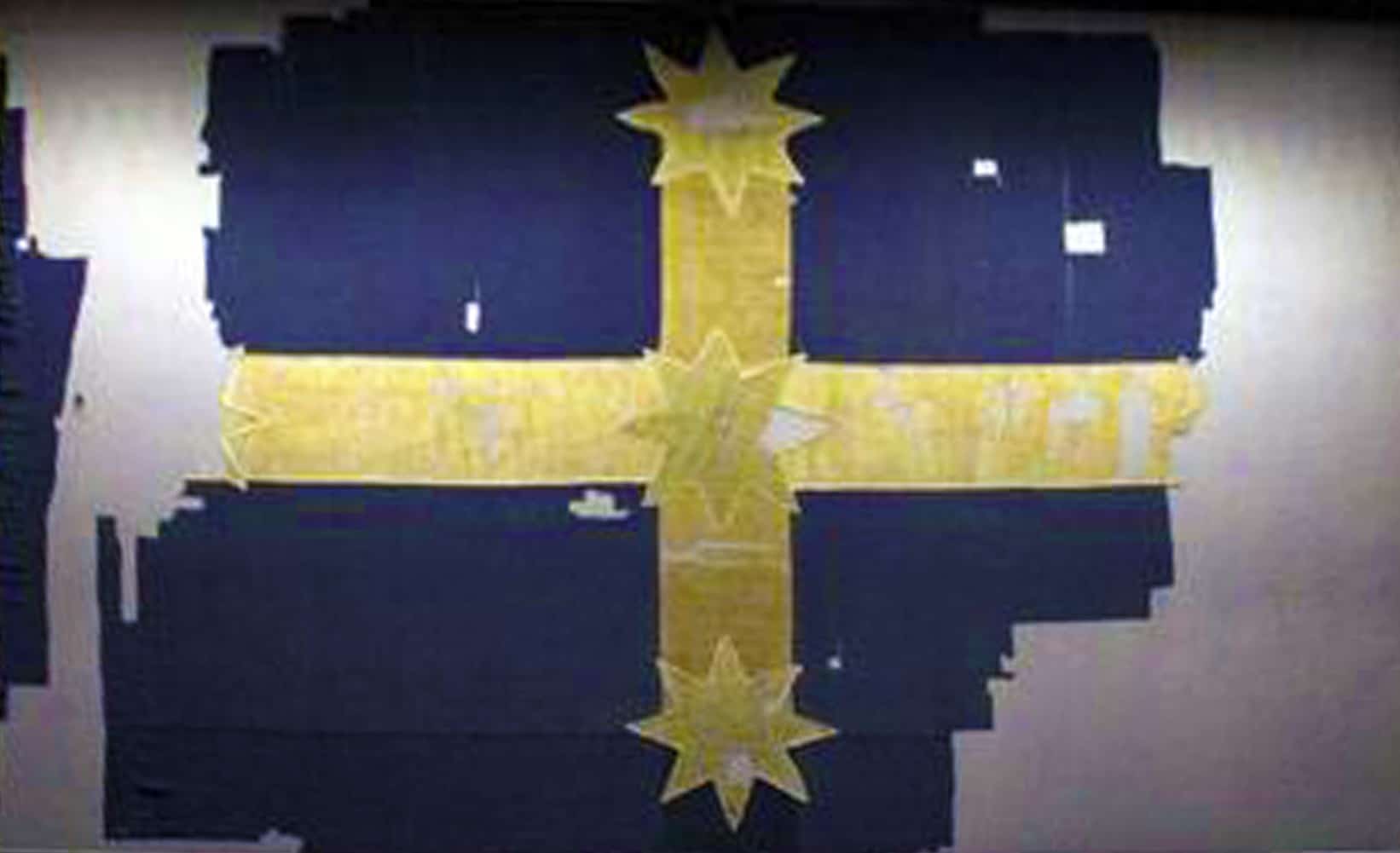


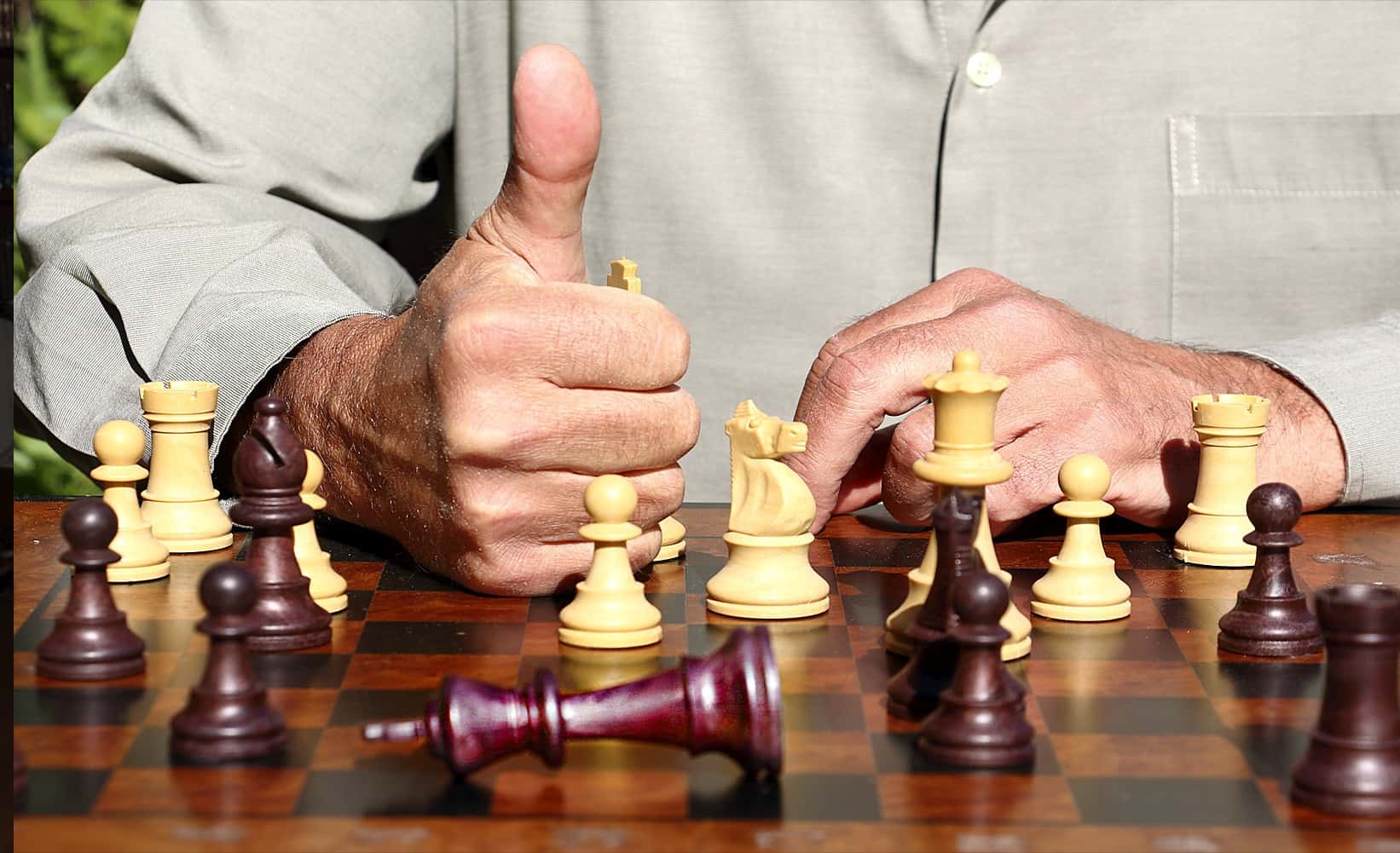

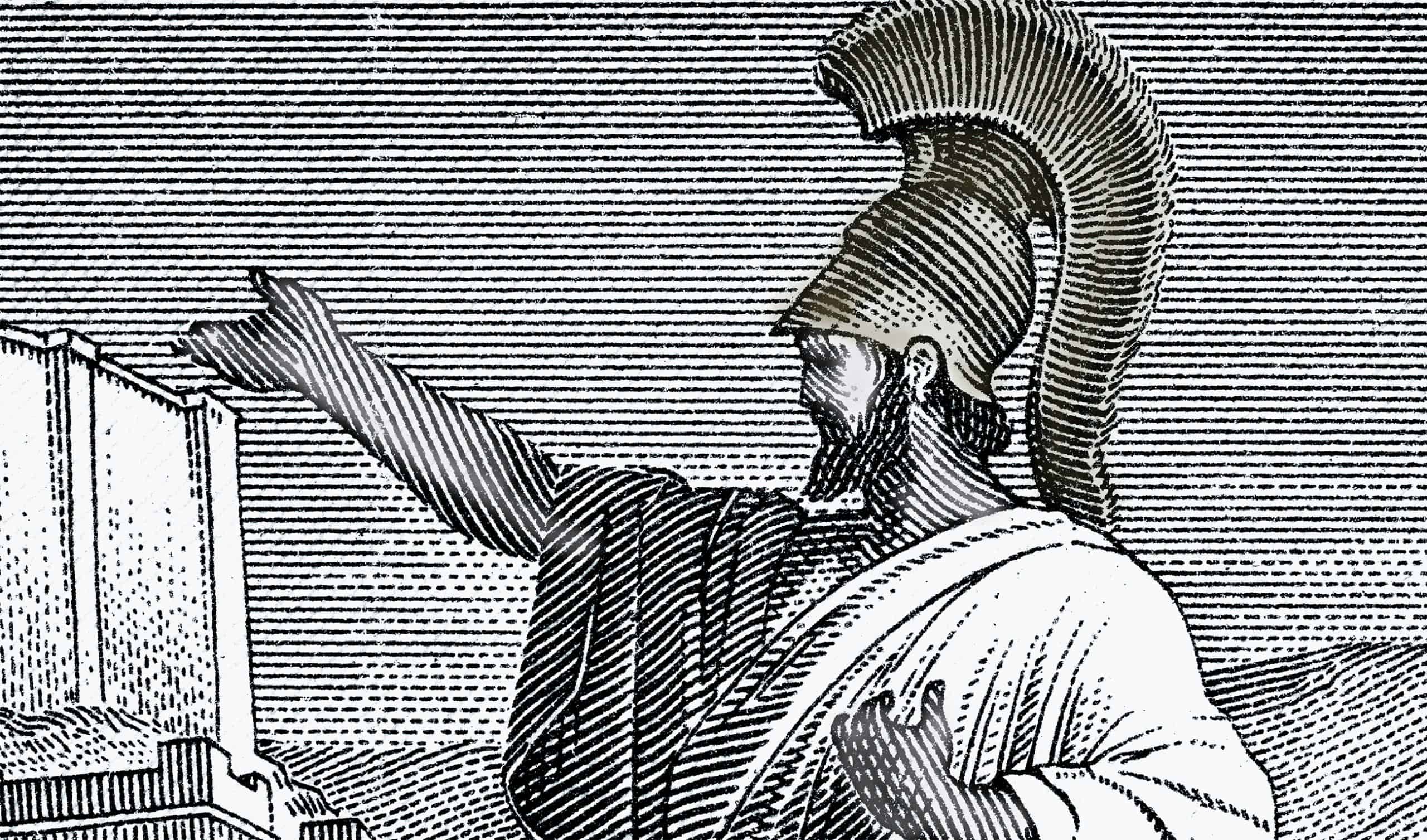
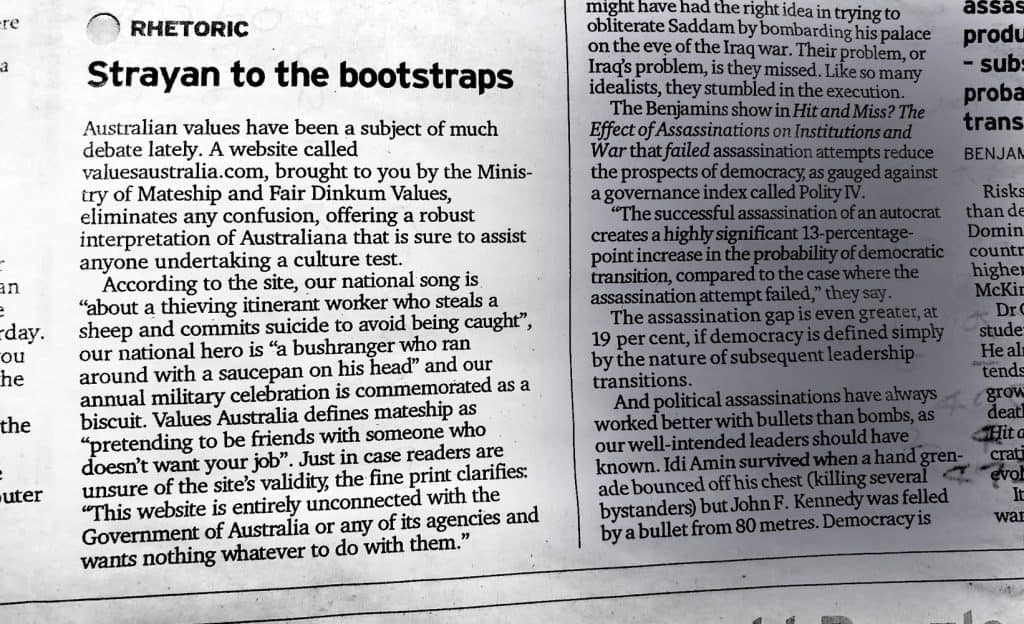 Still, Values Australia is not aware of ever having been accused of being rhetorical and is not sure whether that is a criticism or a compliment.
Whatever, Values Australia is determined not to let its newfound fame go to its head.
(On a side note, if you found your email running slowly yesterday, it was probably caused by Values Australia emailing all its friends.)
As a special celebratory gift to our visitors, we offer this video which we discovered today.
Still, Values Australia is not aware of ever having been accused of being rhetorical and is not sure whether that is a criticism or a compliment.
Whatever, Values Australia is determined not to let its newfound fame go to its head.
(On a side note, if you found your email running slowly yesterday, it was probably caused by Values Australia emailing all its friends.)
As a special celebratory gift to our visitors, we offer this video which we discovered today.



